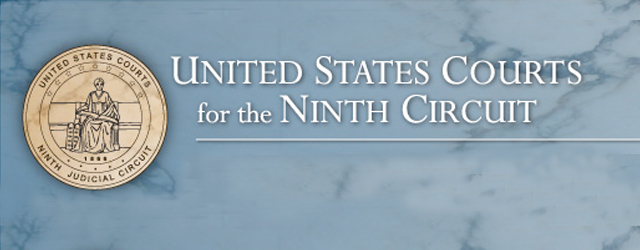Although most of the LGBT rights’ cases recently have been on the subject of marriage, the 9th Circuit Court of Appeals has issued a ruling that may have far more reaching results in forwarding equality for the LGBT population. Last summer’s U.S. Supreme Court ruling overturning part of DOMA in Windsor v. United States clarified that the federal law “demeans the couple, whose moral and sexual choices the Constitution protects, and whose relationship the State has sought to dignify.” It is not, however, define the type of legal standards set for future courts. The 9th Circuit has now done that.
The case, GSK v. Abbott Laboratories, concerned jury selection. The unanimous decision established “heightened scrutiny” for justifying discrimination in LGBT court cases. If the decision is upheld, the higher level of scrutiny could be required for cases of marriage equality, employment, housing, and other areas of LGBT discrimination. Although the higher level of protection decision goes into effect only in the nine Western states of the 9th Circuit, it can be a model for other circuit courts and can lead more LGBT rights cases back to SCOTUS. Within the 9th Circuit, Nevada’s challenge to its state’s same-sex marriage ban may be affected by the heightened scrutiny ruling because a lower court upheld the ban with “rational basis,” a lower standard.
In effect, the heightened scrutiny ruling may put LGBT discrimination claims closer to the same level as gender and race discrimination cases. Gender discrimination laws are subject to “intermediate scrutiny,” and race discrimination laws to the highest level, “strict scrutiny.” Judges in the 9th Circuit case are the first to not use the rational basis review. Judge Stephen Reinhardt specifically wrote, “Windsor review is not rational basis review. In its words and its deed, Windsor established a level of scrutiny for classifications based on sexual orientation that is unquestionably higher than rational basis review.” Windsor held that “no legitimate purpose overcomes the purpose and effect to disparage and to injure those whom the State, by its marriage laws, sought to protect in personhood and dignity.”
In 1986, SCOTUS ruled that a juror cannot be excluded on the basis of race, and in 1994 they ruled that gender cannot be used for exclusion on a jury. The Supreme Court ruled in 1986, for example, that lawyers can’t exclude a possible juror simply on the basis of race. In 1994, the justices reached the same conclusion about gender. Yet in 2005, the 8th Circuit Court of Appeals ruled that LGBT people can be excluded from juries. The 9th Circuit is at odds with that decision.
Reinhardt is known as the most liberal judge in the most liberal circuit court. If the case goes to SCOTUS, Justice Anthony Kennedy is known as the swing vote and may strike down the ruling. Until then, however, heightened scrutiny in LGBT rights cases is the law of nine states in the nation.
